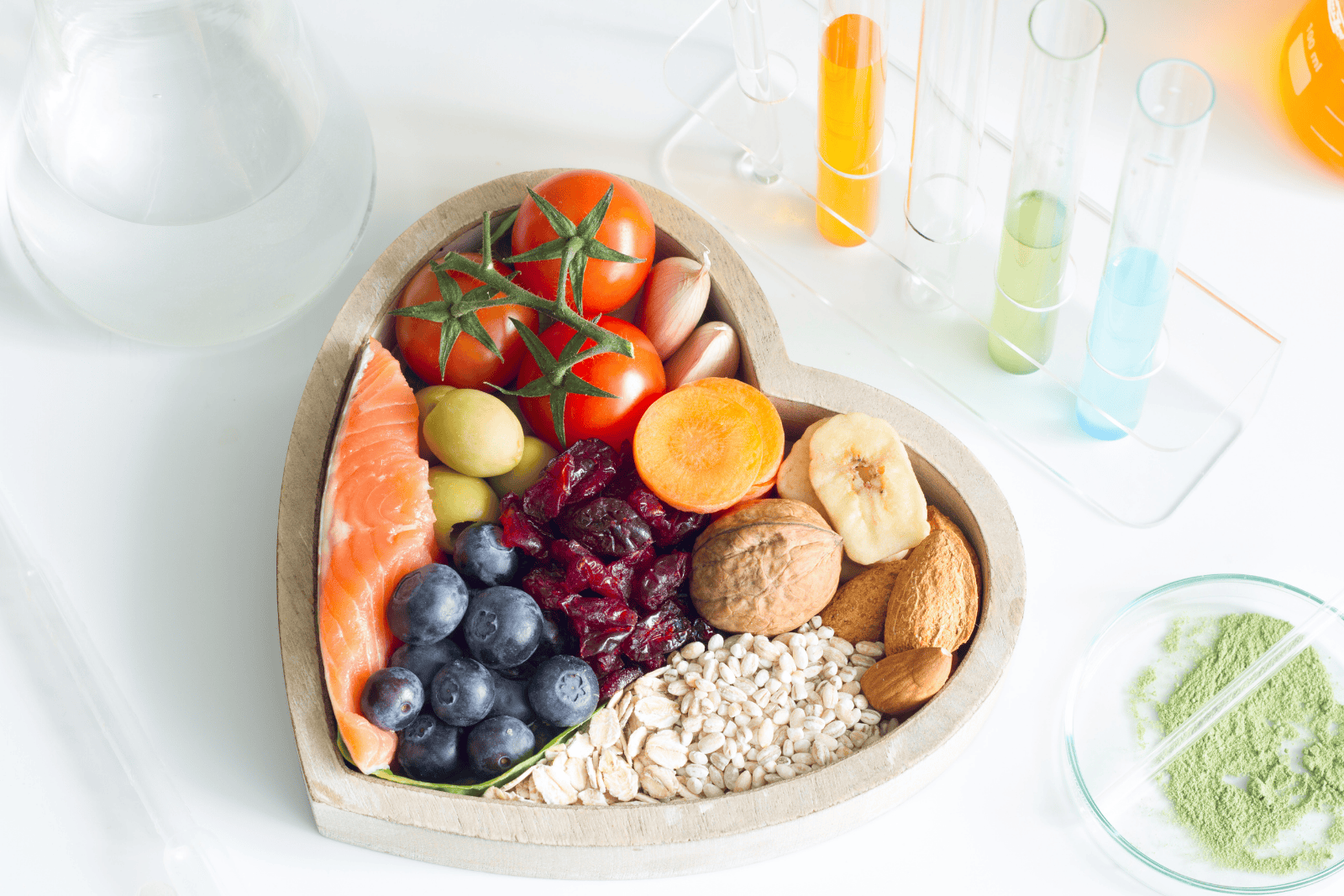This article is part of our subscriber experience—subscribe to get full access to trusted, expert-reviewed content designed to help you make confident health decisions.

|
Food as Medicine: How Simple Dietary Changes Can Reduce Your Need for Medications
About the Author
Tag News Team
This article was written by the Tag News editorial team. Every article is reviewed for accuracy and clarity by members of our Advisory Council.
Related Articles.

Herb Spotlight: Yarrow, A Star Among Medicinal Herbs With Ancient Healing Power
September 1, 2025
Read More
Why Some People Don’t Smell: Genetics, Diet, and the Skin Microbiome Explained
August 22, 2025
Read More
Spice Spotlight: Nutmeg, A Warming Spice with Ancient Roots and Healing Power
August 18, 2025
Read More